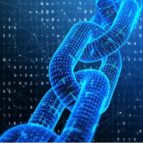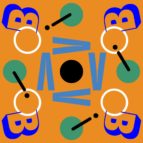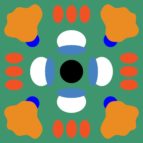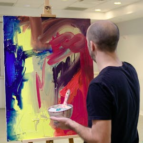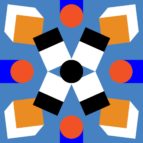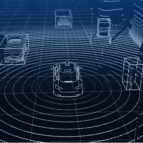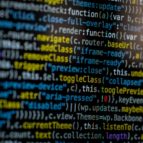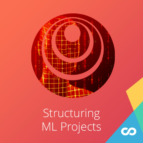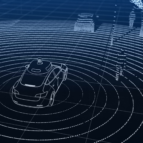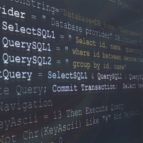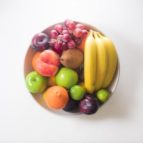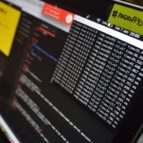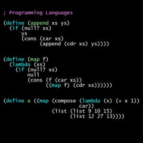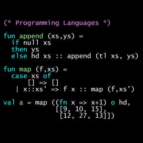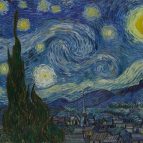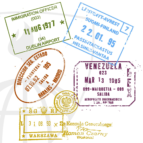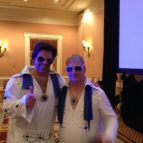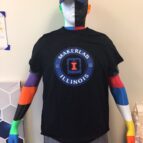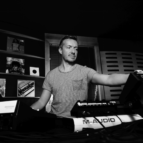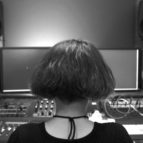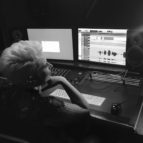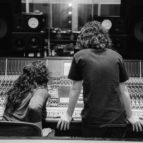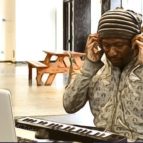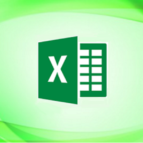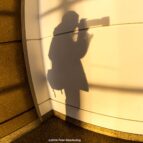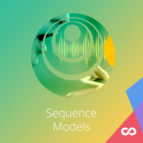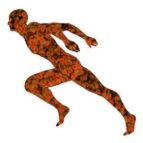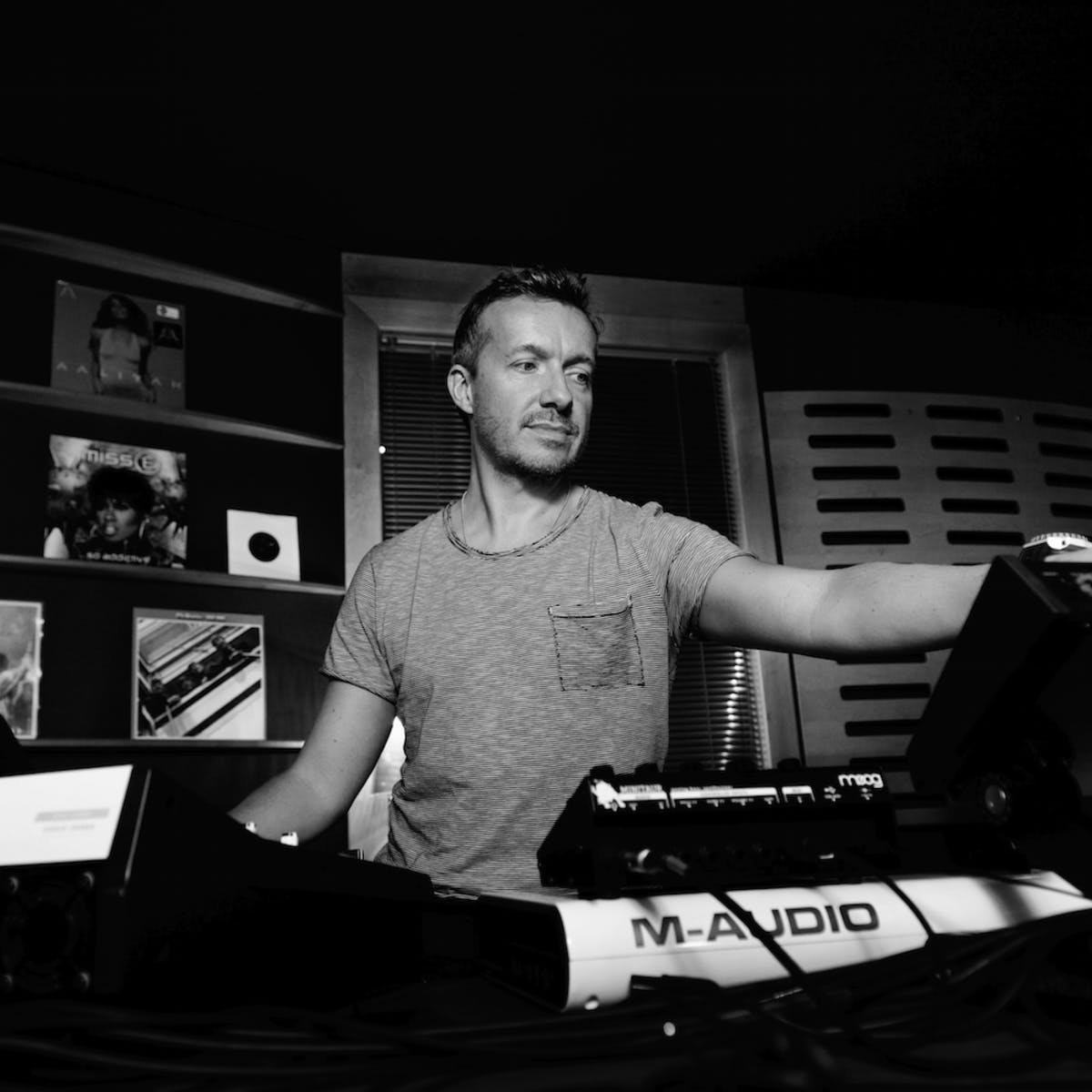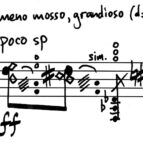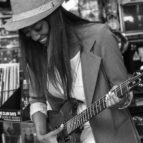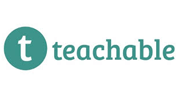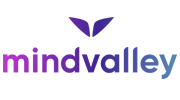What you'll learn
Discuss the nature of sound, how it travels, and its properties
Define the different categories of effects: Dynamic Effects, Delay Effects, and Filter Effects and use them effectively in a recording project
Set up your Digital Audio Workstation, record audio, and utilize basic audio editing techniques such as trimming, fades, and merging
Discuss the role filters play in music synthesis and define how they effect the input signal
Description
Learn about the music production process-including recording, editing, and mixing-and the tools available to you to create contemporary music on your computer. With the recent introduction of high-quality-low-cost software and hardware, the tools of music production are now available to the masses. Albums are made in bedrooms as well as studios. On the surface this is liberating. Anyone can make an album for the low cost of a couple pieces of gear and a software package. But, if you dig deeper, you will find that it is not so easy. Producing music requires knowledge, dedication, and creativity. Knowledge is where this course comes in. No matter what kind of music you are making, there is a large set of tools that you will need to use. Each lesson of this course will demonstrate a different set of music production tools, loosely following along the music production process of recording, editing, and mixing. We will start with some background on the nature of sound and how we perceive it. We will then examine the components necessary to record audio into a computer, so that you understand the devices that sound must travel through in a music production process.
Once recorded, sound must be organized along a timeline, a process known as editing. It allows us to give the impression of perfect performances and create many of the sounds we hear in contemporary music. The contemporary editing tool is the Digital Audio Workstation (DAW), a piece of software that stores and organizes all the assets of a musical project. We will focus on the editing tools that are essential in contemporary music production and that all DAWs provide. After editing, sounds must be combined or mixed together, so we look to the mixing board-a very creative place if you know how to use it. We will explore the basic functionality of both hardware and software mixing boards, including volume, pan, mute, solo, busses, inserts, sends, and submixes. The mixing process, however, includes more tools than the mixing board provides on its own. Sound must also be processed, modified from its recorded state to fit the context of the music. We will look at compression, equalization, and delay, and examine the many audio effects that are offshoots of these devices and how they are used in a musical context. In the end, the music production process relies on your creativity. Creativity is a product of the mind and will stay there, unexpressed, until the right tools are used in the right way to share it with the world. If you have an idea in your head, it will take numerous steps, each with an important tool, to reach your audience. You bring the dedication and creativity, and this course will bring you the knowledge to make that happen.
Requirements
Access to a computer or mobile device with an internet connection.
Motivation to learn!
There are no special materials or prerequisite knowledge required for this course.
Who this course is for
Students who are new to this field
Students willing to put in a couple hours to learn about The Technology of Music Production
Advanced students wanting to add another skill to their portfolio
Content Creator
Loudon Stearns – Assistant Professor – Contemporary Writing & Production
This course includes
Participation Confirmation/Certificate
Option for learning at your own pace
Videos and reading material about the course
Practice tests
Assessed tasks with feedback from other course participants
Evaluated tests with feedback
Evaluated programming tasks









